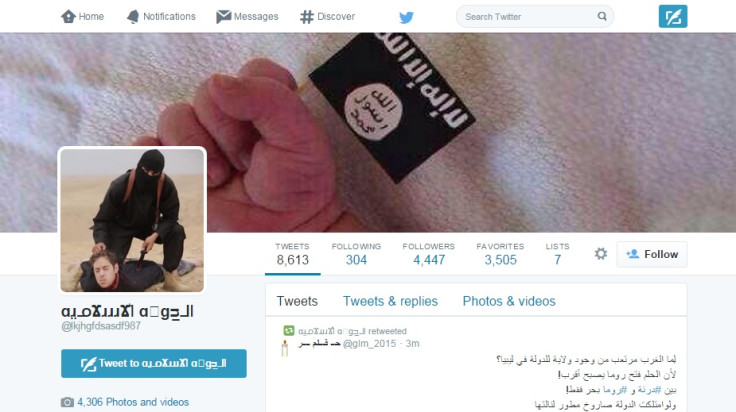France steps up cyberwar on terrorism with new website blocking law

Terrorism websites will now be removed from Google Search results in France, after the government introduces its final plan to fight terrorism and digital propaganda on the Internet.
Following the attacks that occurred in Paris earlier this year, the French Prime Minister Manuel Valls asked the Minister of the Interior, Bernard Cazeneuve, to strengthen its legal arsenal against terrorism on the Internet and social networks.
By setting out new laws, the French Government also wanted to remind hosting providers that they are responsible for promptly withdrawing unlawful content that is reported to them, either by the authorities, or by Internet users.
As of 5 March, 2015, French internet users have the ability to ask providers to remove or block sites from search results on browsers including Google, Bing or Yahoo! which may be used for contact, indoctrination, and disseminating of techniques enabling terrorist acts.
The decree implementing this anti-terrorism legislation, which was announced in November 2014 by Cazeneuve, officially came into force on 5 March, 2015, and can be applied without court intervention.
While the administrative authority's right to demand, without the approval of a judge, the blocking and de-listing of illegal websites spreading child abuse content has existed since 2011, modalities of its implementation still needed to be defined - especially for websites advocating terrorism.
The decree has ruffled feathers, with unions and associations describing it as a "threat to freedom". In an attempt to reassure those who were alarmed of a lack of control over which websites would be blocked, the Commission Nationale de l'Informatique et des Libertés (CNIL) has designated a "qualified person" to oversee the implementation of the new law.
In February 2015, the CNIL announced a magistrate, Alexandre Linden, would supervise the independence of the process.
How do French website de-listings work?
The control tools are identical to those for blocking other websites, such as paedophile safe havens, but the law has added "incitement to commit acts of terrorism and their glorification" to the list of contents being particularly serious for which hosting providers are required to set up easily accessible and visible measures enabling anyone to report such content:
- The authorities, or Internet users can report unlawful contents to hosting providers.
- The country's authorities, including the police and gendarmes of The Central Office for Combating Information and Communication Technology Crime (OCLCTIC), will outline to the browsers which website addresses they want to see removed from their search results.
- They will also send a list of sites which they want to see blocked to magistrate Alexandre Linden.
- The magistrate may also issue a recommendation to the police and gendarmes, and if it is not followed through, he may appeal to an administrative judge.
- In the absence of withdrawal within 24 hours, the administrative authority may request Internet service providers to prevent access to the concerned websites.
- It may also request search engines and electronic directories to dereference these websites.
- Under some conditions, the administrative authority may also directly request that the concerned websites be blocked, without having requested the withdrawal of the unlawful contents beforehand to editors or hosting providers.
- The OCLCTIC will run checks every three months to ensure the websites are still inaccessible.
- If Internet service providers are found to continue to illegally reference those websites on their search results pages, the central office will again inform Magistrate Linden and the search engines.
- They will be given another 48 hours to block the websites.
© Copyright IBTimes 2025. All rights reserved.






















